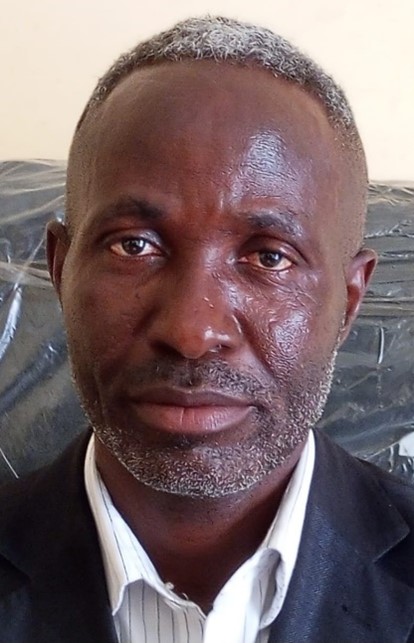The True Whig Party (TWP), Liberia’s oldest political entity and a dominant force in the nation’s history, finds itself embroiled in internal conflict. A vote of no confidence against National Chairman Reginald B. Goodridge has ignited a power struggle within the party, exposing deep-seated divisions and raising concerns about its future direction. The accusations against Goodridge primarily revolve around his alleged failure to convene a national convention following the 2023 general and presidential elections, a violation of the party’s constitution which mandates such conventions every six years. This omission, according to dissenting members, has contributed to the weakening of the party’s structure and diminished its national influence.
The movement to oust Goodridge is spearheaded by a group of approximately 20 members of the TWP’s National Executive Committee, including prominent figures such as former Standard Bearer Eric Olison, National Chairlady Hawa Johnson, and Youth Chair Dukuly Mambu. Several county-level leaders have also joined the call for Goodridge’s removal, adding weight to the internal rebellion. Their collective statement emphasizes the importance of adhering to the party’s constitutional guidelines and criticizes Goodridge’s leadership, arguing that his inaction has jeopardized the TWP’s stability and relevance in the Liberian political landscape. The dissenting faction anticipates the appointment of an acting chairperson by the Executive Committee to steer the party towards its next national convention, scheduled for October 30, 2025. This convention, they argue, is crucial for revitalizing the party and charting a course for its future. To ensure transparency and credibility, the TWP has formally requested the National Elections Commission (NEC) to oversee the convention proceedings.
However, the narrative presented by the dissenting members is contested by other figures within the TWP. S. Barbington Coleman, former National Treasurer, has publicly defended Goodridge, characterizing the accusations against him as unjust. Coleman argues that the focus on Goodridge is misplaced, given that all party positions at the county level have remained vacant since the 2023 elections, a situation that complicates the process of organizing a national convention. He further alleges that some of the individuals leading the charge against Goodridge are currently serving suspensions, raising questions about their legitimacy and motives. Coleman insists that plans for a national convention are well underway, contradicting the dissenting faction’s claim of inaction. He places the convention date in July rather than October, further highlighting the discrepancies in information circulating within the party.
The conflicting timelines for the national convention underscore the communication breakdown and lack of consensus within the TWP. Coleman’s assertions suggest that the party leadership is actively working towards convening the convention, while the dissenting members contend that Goodridge is obstructing the process. This disagreement over fundamental details reveals the depth of the internal strife and raises concerns about the party’s ability to present a united front. Coleman’s appeal for unity emphasizes the importance of resolving these internal conflicts to prevent further fragmentation and strengthen the party’s position.
The internal turmoil within the TWP comes at a crucial juncture in Liberia’s political landscape. As the oldest political party in Liberia and indeed in Africa, the TWP carries a significant historical legacy. Founded in 1869 by darker-skinned Americo-Liberians, the party held a near-monopoly on power from 1878 to 1980, effectively governing Liberia as a one-party state, although opposition parties were never formally outlawed. Its long-standing dominance was historically challenged by the Republican Party, but the TWP’s influence has waned in recent decades. The current internal conflict threatens to further weaken the party and diminish its ability to play a meaningful role in shaping Liberia’s political future.
The ongoing struggle for control of the TWP raises fundamental questions about its ability to adapt to the changing political dynamics in Liberia. The accusations against Goodridge, regardless of their veracity, highlight the need for greater transparency and accountability within the party’s internal processes. The call for NEC oversight of the national convention reflects a desire for a fair and democratic process that can restore confidence in the party’s leadership. The outcome of this internal conflict will have significant implications for the TWP’s future and its ability to remain a relevant force in Liberian politics. The party’s ability to resolve its internal divisions, hold a credible national convention, and articulate a compelling vision for the future will determine its ability to regain its footing and contribute meaningfully to Liberia’s political discourse. The challenge for the TWP is to reconcile its historical legacy with the demands of a modern, multi-party democracy. Whether the party can successfully navigate this challenge remains to be seen.


